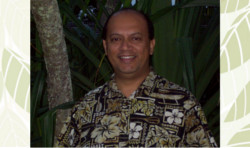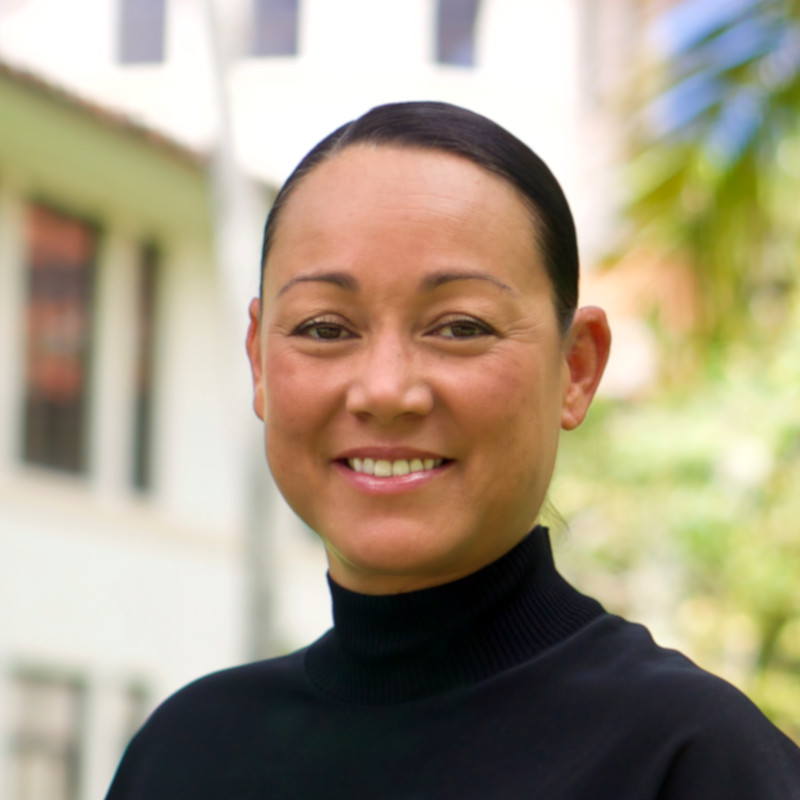
Mauli Keaukaha: Cultural Knowledge and Education in the Keaukaha Community
Lehua Veincent will present the defense of his dissertation on Tuesday, March 29, 2016, 2:00 – 4:00 PM at Wist Hall, Room 128. Mr. Veincent is a candidate for the Doctor of Philosophy in Education, specializing in Curriculum & Instruction. Faculty, students, and other interested members of the community are welcome to attend.
Abstract
Here in Hawai‘i, there is a concern as to whether or not students of Hawaiian ancestry understand their own potential as humans who can operate productively in a society that has been built in a capitalist, Westernized format. Do Hawaiian children understand what it means to be “Hawaiian” as well as understand the values and morals that are unique to them as Hawaiians within various settings including their home, their community, and their school? Do they understand their duty to their heritage, lineage, and land? By fostering such an understanding of cultural identity and cultural self-awareness as tied to students’ experiences of genealogy, history, traditional practices, language, and place, a foundation of learning can be established that is directly linked to the hana (work) of our kūpuna (ancestors). This unique teaching and learning is the “heartbeat” and “spirit” of knowledge; this is “Mauli.”
This dissertation takes a look at historical and contemporary educational systems within the Hawaiian community of Keaukaha and aims to find ways to decrease the dissonance of learning between home/community and the school through indigenous ways of knowing unique to the Keaukaha community or Mauli Keaukaha. This study captures the thoughts of ‘ike kūpuna (traditional knowledge and practices) as well as reflections on education in the Hawaiian community of Keaukaha through oral history interviews with nine prominent kūpuna (elders) within the Keaukaha community. The study further examines if and how this traditional knowledge can be transmitted amongst generations and integrated into the community’s current-day public schools through pedagogical practices where learning is purposeful, meaningful, and experiential-based. The study concludes by considering how the foundational knowledge (‘ike mauli) that exists in the Mauli Keaukaha can link the Keaukaha community and homes with Keaukaha schools so that rituals and routines of Hawaiian traditions and practices are honored and daily student experiences are validated in contemporary school settings.

